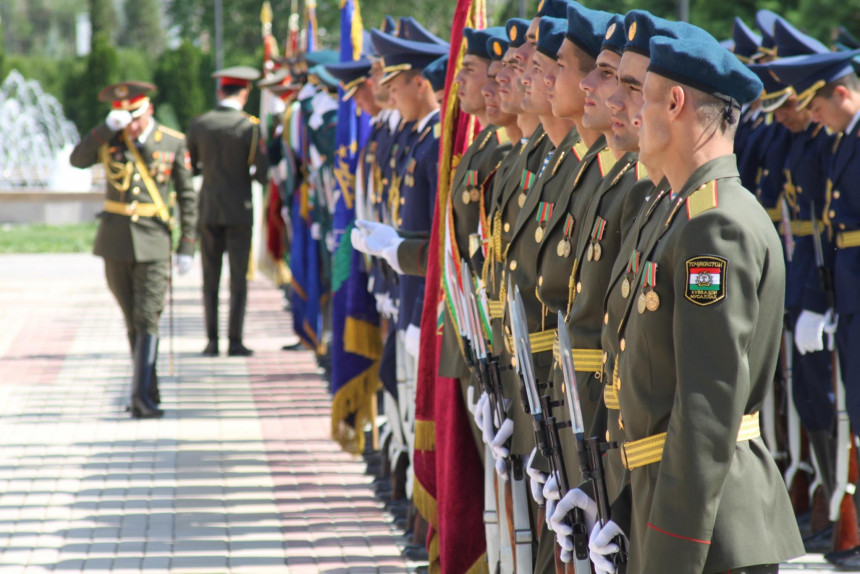How changes in Afghanistan will affect Tajikistan and other Central Asian countries

For virtually the entire 21st century, the military presence of the United States and its allies in Afghanistan ensured the stability of the authoritarian but religiously secular regimes in Central Asia.
The American presence in Afghanistan was a major obstacle to the spread of radical Islam outside Afghanistan. Radical Islam could not penetrate other Central Asian countries because the Taliban were busy fighting against the Americans and the troops of the Kabul government they supported. Before that, at the end of the 20th century, the Afghan Taliban were a major challenge to regional security. Afghanistan is a multinational country with a wide range of nationalities. About half (42%) of Afghanistan's 31 million people are Pashtuns. There are more Pashtuns (about 25 million) in neighboring Pakistan than in Afghanistan. About one million Turkmen and three million Uzbeks live in Afghanistan. In turn, almost a third (7 million) of the Afghan population is Tajik. In neighboring Tajikistan, the number of Tajiks is only slightly higher. Of the approximately 10 million people in Tajikistan, 15% are Uzbeks, while the number of Tajiks is approximately 8.4 million. Prior to the American invasion of Afghanistan, the Russian army thwarted Tajik Taliban efforts to seize power in Tajikistan. The American presence in Afghanistan reduced Russia's burden on Tajikistan's defense and ensured the stability of the Turkmenistan-Uzbekistan border. The departure of the Americans and the victory of the Taliban are changing the balance of power, raising concerns about regional stability.
It is clear that the US government's decision to recognize defeat in the Afghan war will cause significant reputational problems in both domestic and foreign policy (Czech President Milos Zeman announced on August 17 that after the defeat of NATO forces in Afghanistan, the diversion of Czech resources to NATO was "kind of wasting money", and the Czech Republic should direct defense spending to national defense, national procurements). However, by leaving Afghanistan, the United States can divert the military and financial resources that have so far been spent on maintaining stability in Central Asia. In turn, the US global rivals Russia and China will now have to devote their resources to maintaining stability in Central Asia. In fact, the process has already begun. Russia has very close economic and military ties with Tajikistan, so Russia sees stability in Tajikistan as an issue of their own security, while China is ready to financially support the Taliban government if the Taliban guarantees any cessation of aid and support for radical Islam on Chinese territory (especially Uyghur separatists).
On the one hand, the Taliban coming to power is changing the balance of power in Central Asia, which has dominated it throughout the 21st century. However, on the other hand, the Taliban's readiness to take pragmatic decisions in its relations with its neighbors, as well as with Russia and China, is not, at least for the time being, a cause for major concern about a radical expansion of Islamic ideology. Currently, the Taliban have enough work on their hands to transform Afghan society according to their religious principles, so it is not possible at this time to make firm predictions about what the Taliban's regional policy will be in the long run.
*****
Be the first to read interesting news from Latvia and the world by joining our Telegram and Signal channels.
